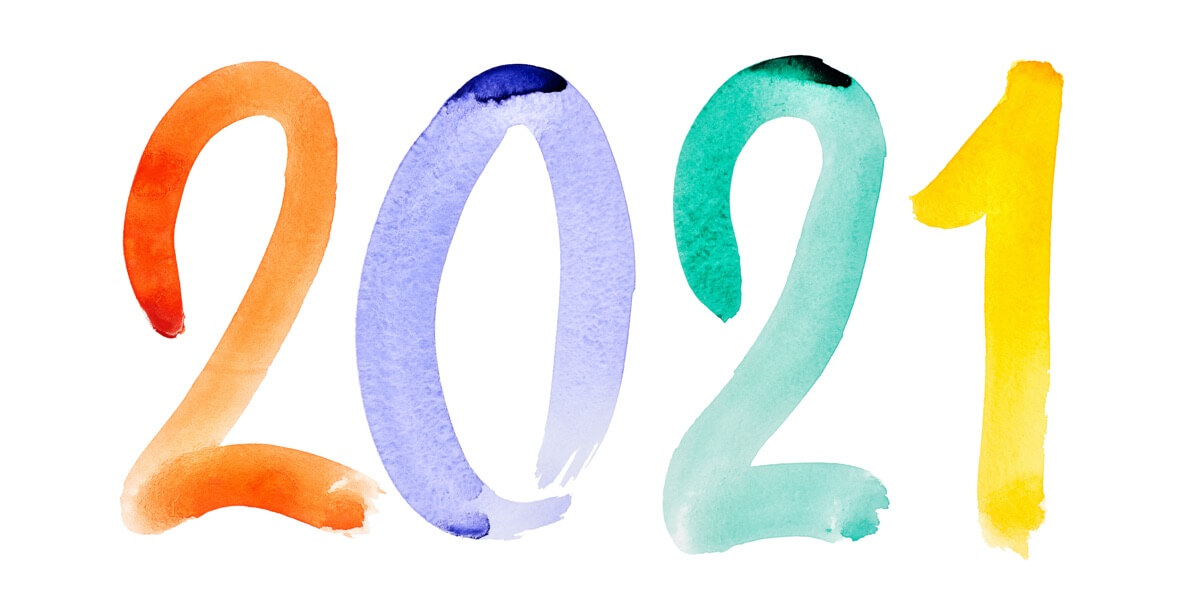Startup founders and early employees tend to be expert multitaskers and willing to take on whatever’s thrown their way. After all, you have to be scrappy, smart, and ambitious to start a company or join one early on. While initially it may be feasible to delegate HR tasks to other departments, like finance or operations, or handle them yourself as a founder, you’ll want to build a high-performing HR team as you increase headcount.
HR does a lot more than just the tactical tasks we typically associate with the function. A strong People strategy and team can make workplaces more engaged, productive, and profitable. Organizations with high levels of employee engagement — a key result of HR strategy and initiatives — have 41% less absenteeism and are up to 21% more profitable, according to research by Gallup.
High levels of engagement also makes for happier workplaces and more satisfied employees. Whether you’re an HR department of one looking to grow, or a startup ready to make your first HR hire, here’s what you need to know.
Knowing When It’s Time to Build an HR Team
The “right time” to hire an HR professional or grow an existing team doesn’t exist. Rather, founders or or single-member HR departments must take an honest look at their current workload and evaluate any workforce-related issues, such as problems with recruiting or attrition. That being said, by the time you reach the 50-employee mark, you’ll want to have a dedicated HR employee, if not two.
1. If You’re HR-Less: In a startup or fast-growing business, employees are used to wearing a lot of different hats, likely even fulfilling roles that could be a separate job altogether. Ad hoc HR managers — those who work in a non-HR department but take on HR-related tasks — can be responsible for payroll, compliance, recruiting, and benefits administration at small and medium-sized companies. But ADP research shows that the majority of these employees aren’t fully confident in their ability to handle HR tasks: 78% worry about staying abreast of changing regulations, and 82% aren’t certified in HR.
If your team is small (less than 15 people), you may still be able to get by using ad hoc HR managers and a robust human resources information system (HRIS). But if you start seeing HR-related issues, like high turnover or problems with employee performance, it’s time to hire a dedicated HR employee.
2. If You’re a Single-Member HR Team: Charlette Beasley, careers and workplace analyst at Fit Small Business, an online resource for small businesses, said employers should consider hiring a second HR employee once they have 50 employees on payroll. “Compliance requirements increase when you pass the equivalent of 50 full-time employees, like the Affordable Care Act, and there’s additional paperwork and checks you’ll need to perform to ensure your business is in compliance,” she explained.
Beasley noted that retention issues and the type of industry will impact your HR needs as well. “If your turnover is high or you’re in a highly regulated industry with increasing compliance and training requirements, you may need a second HR expert even sooner,” she said.
Dominique Dallas, partner at talent acquisition agency TenXRecruiting, echoed this sentiment. “Generally speaking, I recommend clients hire a second and third HR person sooner rather than later,” she said. “Good HR talent is hard to find, so expect the search to take a few months, at least.”
How to Build a High-Performing HR Team
Everything moves faster in a startup or high-growth company. But don’t let the tendency to “just get people in the door” make for a lack of diligence in the hiring process. Here’s what you need to consider as you build out your HR team.
1. Determine company goals. Plan out the company’s HR goals for the next six months, one year, and two years. You can use data from engagement surveys to learn more about the employee experience, and work with the leadership team to gain a firm understanding of the company-wide vision for the organization from a personnel perspective. Then, allow these goals to guide your hiring practices.
“If you know the company is looking to double its headcount in the next two years, you probably want to hire a recruiter,” said Emily Goodson, PHR, CEO and founder of HR consultancy CultureSmart. “If you know that the company is not going on a hiring blitz but is more focused on helping the current team succeed, a generalist is probably a better choice.”
2. Get the job description right. Write strong, accurate job descriptions to attract the right candidates. You’ll want to favor honesty over wit when writing HR job descriptions, and avoid the tendency to make the job sound more exciting or glamorous than it actually is, which can result in a lack of transparency.
“If this is an HR team of one, you’re going to be doing things like filling out tax forms and handling a lot of reporting,” said Goodson. “If you tell someone you’re looking to hire for a strategic role, but what you really need is tactical execution, that’s very different — and that’s what causes a lot of turnover,” she added.
Include job requirements, like location in a specific time zone, as well as an equal opportunity employment disclaimer. “If I don’t see that on a job description, that’s a big red flag for me,” said Goodson.
Job descriptions can be interesting and honest. Just don’t sacrifice listing the day-to-day responsibilities in favor of language that doesn’t properly describe the role.
3. Diversify your recruiting efforts. Early-stage companies often lean on referral networks, which means the company builds a workforce of people who look and sound a lot like the people who already work there. “You can end up hiring a very homogeneous team,” cautioned Goodson. Homogeneity limits innovation and diversity of thought, and prevents the creation of more just and equitable workplaces.
Diversify recruiting channels and be intentional about who you’re partnering with. “Directly send sourcing outreach to members of underrepresented communities,” said Miraque Hicks, founder and HR and talent consultant at boutique talent acquisition agency Miracle Recruiting. “Post the job in Slack communities for minorities or underrepresented groups, like Ladies Get Paid, as an example.”
Who to Hire
The HR field attracts people from all walks of life and previous career paths. Plenty of HR leaders and professionals didn’t study HR in undergrad nor start their career in the field. Don’t let a lack of formal education or decades of experience keep you from hiring a great candidate. Here are some factors to keep in mind as you embark on your hiring process.
1. Certifications and Education: Getting certified is a good way to signal HR expertise to employers, and both individuals with degrees in HR and those without go on to earn HR certifications. Plus, certified HR professionals earn more promotions and a higher wage.
The most common certifications are Professional in Human Resources (PHR) and Senior Professional in Human Resources (SPHR) from the Human Resource Certification Institute (HRCI), and SHRM Certified Professional from the Society of Human Resource Management.
Hiring an individual with any of these certifications is an indication that they are a well-prepared HR generalist, equipped to handle the day-to-day tactical tasks of running an HR department.
2. Generalist Versus Specialist: Entry-level and mid-career HR professionals are usually either generalists or specialists. Generalists are proficient in handling all the major buckets of HR tasks, like compensation and benefits, employee onboarding, and writing HR policies. Specialists focus on one segment of HR and may choose to concentrate on benefits administration, recruiting, or employee relations, for example. Hiring a generalist makes the most sense for a growing HR department, but as the team grows, let your HR goals guide hiring. For instance, if data from employee engagement surveys shows that employees are unengaged, consider hiring an HR specialist focused on employee relations.
3. Traits and Skills to Look For: An HR professional needs far more than certifications or education to succeed. HR team members are working across the entire organization and need to be powerful prioritizers and highly emotionally intelligent, and able to make data-driven decisions.
Goodson said she looks for self-awareness when building a team. “On an HR team at a startup, you’re working with a lot of personalities,” she noted. “The most successful HR people are extremely aware of how they come across and can partner with different personalities to help them succeed.”
Data analytics is necessary as well, according to Goodson. “Being able to understand data and use it to drive strategy is huge,” she said.
HR employees will need to be able to analyze the data from HR information systems (HRIS), engagement survey software, and applicant tracking systems (ATS) and tell a story with it. “That will be the most compelling to a leadership team, so you need to be able to present data but also think that way,” Goodson said.
—
Hiring competent, skilled HR professionals will do more than just free up your day so you can focus on more pressing tasks. An HR team crosses the t’s and dots the i’s of tax requirements, compliance, and reporting — but it also helps build an attractive employer brand and foster a workplace culture of belonging.







